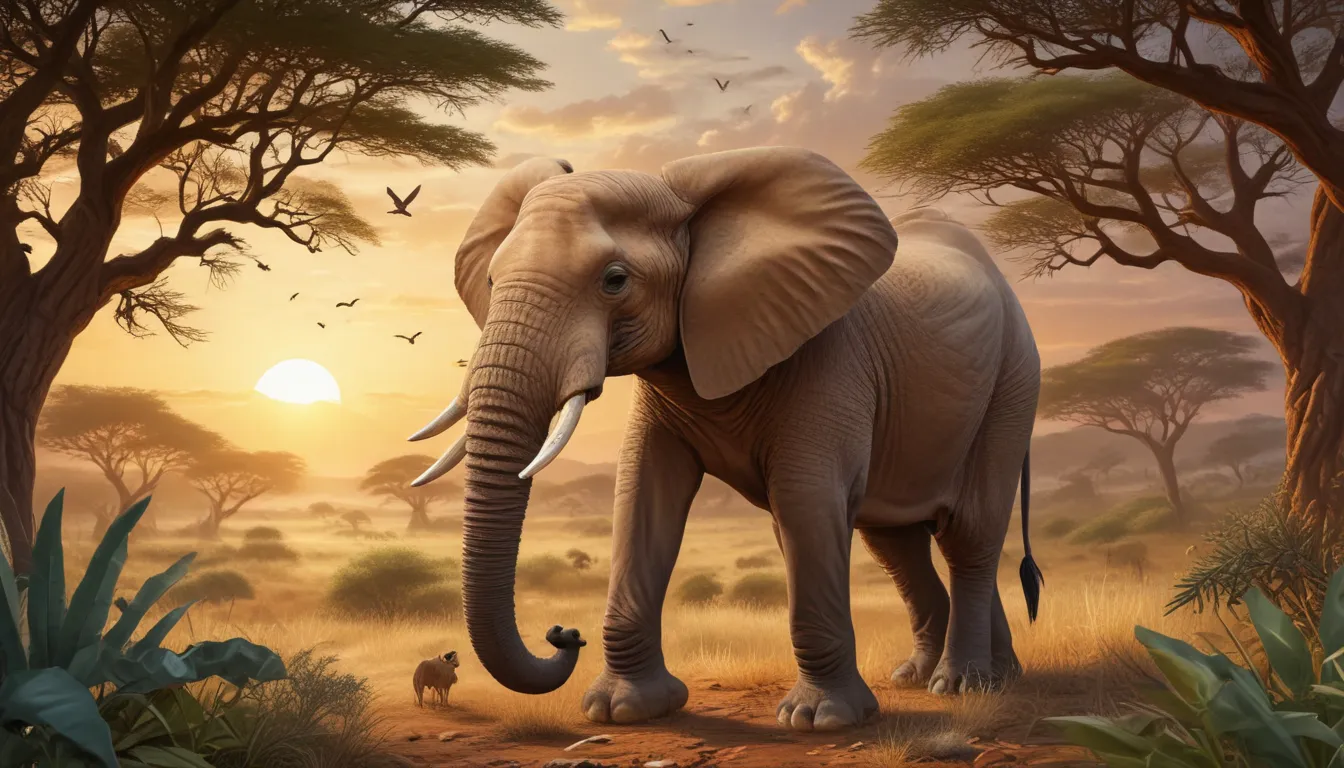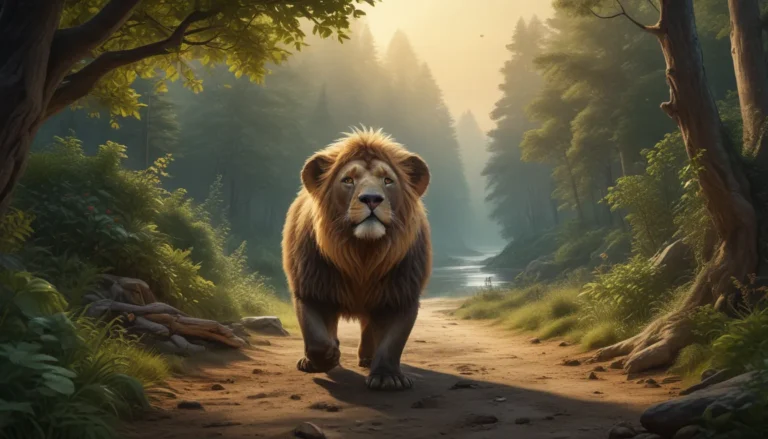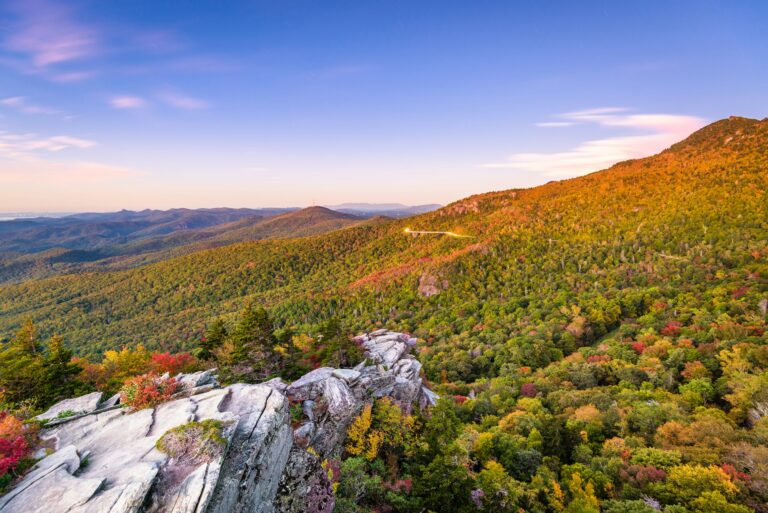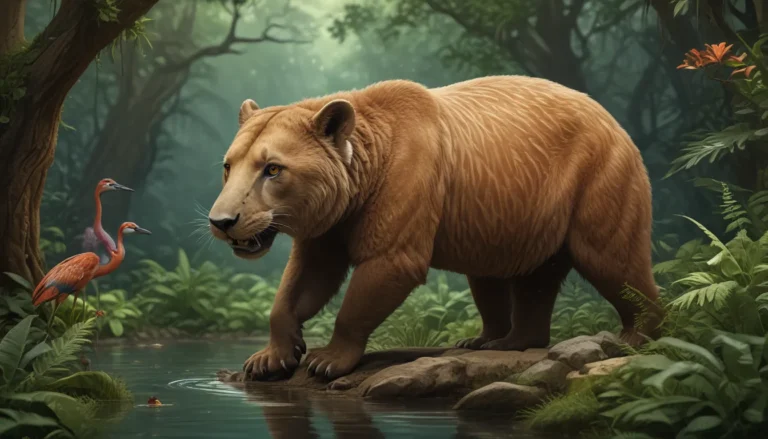The pictures we use in our articles might not show exactly what the words say. We choose these pictures to make you interested in reading more. The pictures work together with the words but don’t take their place. The words still tell you the important facts.
Africa, a continent bursting with biodiversity, offers some of the most captivating wildlife experiences on the planet. From the sprawling savannahs to dense forests and expansive deserts, each ecosystem supports a unique array of animals. In this article, we will delve into 24 intriguing facts about African wildlife, shedding light on their habits, survival strategies, and the challenges they face in today's changing world. Whether you are an animal enthusiast or simply curious about nature, these insights will deepen your appreciation for Africa's majestic wildlife and the delicate balance that sustains it.
Exploring the Diverse World of African Wildlife
- African Elephant: Africa is home to the world's largest land animal, the African elephant, which can weigh up to 7 tons and live up to 70 years.
- Cheetah: The fastest land animal, the cheetah, can reach speeds up to 75 mph, making them unparalleled predators in short-distance chases.
- Lions: Also known as the "kings of the jungle," lions primarily inhabit grasslands and plains, with prides consisting of up to 30 individuals, depending on food and water availability.
Embracing the Circle of Life
- Great Migration: Witness the spectacle of over 1.5 million wildebeest, accompanied by zebras and gazelles, migrating from the Serengeti in Tanzania to the Maasai Mara in Kenya in search of greener pastures.
- Hyenas: Contrary to common perception, hyenas are skilled hunters that play a vital role in ecosystems by controlling other species' populations and aiding in carcass cleanup.
- African Wild Dogs: With their unique mottled coats, African wild dogs exhibit highly social behavior and cooperative hunting tactics, making them among the continent's most endangered predators.
Preserving African Wildlife: Conservation Efforts
- Threats: Poaching and habitat loss pose significant threats to African wildlife, especially elephants and rhinos, due to the demand for ivory and horns.
- Conservation Areas: Conservation organizations and governments are working together to establish protected areas and national parks, such as the Kruger National Park in South Africa, to safeguard these species.
- Innovative Strategies: Implementing innovative conservation strategies like anti-poaching patrols, community-based conservation, and wildlife corridors is essential in ensuring the survival of Africa's magnificent animals.
Magnificent Adaptations in African Wildlife
- Giraffe: With a neck that can be up to 6 feet long, giraffes can reach leaves and buds in treetops that other herbivores cannot access.
- Camels: Although not native to Africa, camels play a crucial role in the Sahara Desert, thanks to their ability to endure long periods without water.
- Hippopotamus: Despite their bulky appearance, hippos spend most of their day submerged in rivers and lakes to keep cool under the African sun, showcasing their surprising agility on land.
Diverse Birdlife Across Africa
- Birdwatching Paradise: Africa boasts over 2,500 bird species, ranging from tiny sunbirds to the ostrich, the world's largest bird, thriving in diverse habitats.
- African Grey Parrot: Renowned for intelligence and mimicking human speech, the African grey parrot can live up to 60 years in captivity.
- Flamingos: Known for their vibrant pink feathers, flamingos derive their color from beta-carotene in algae and crustaceans they consume.
Unveiling Africa’s Hidden Underwater World
- Nile Crocodile: Africa's largest freshwater predator, the Nile crocodile, can grow up to 20 feet long and weigh as much as a small car, showcasing their dominance as formidable hunters.
- Rich Marine Life: Africa's oceans and rivers host over 3,000 fish species, with Lake Malawi home to more fish species than any other lake globally, including unique cichlids.
- Great White Sharks: South Africa's coast, known for "shark alley," offers thrilling encounters with great white sharks, allowing for intimate observation of these powerful predators.
The Vital Role of Insects in Africa’s Ecosystem
- Termites: Often seen as pests, termites are essential for aerating the soil and recycling nutrients through the decomposition of plant material.
- African Honeybees: Central to pollination, African honeybees support both wild ecosystems and agricultural crops, emphasizing their critical role in the environment.
- Tsetse Fly: Responsible for transmitting sleeping sickness, the tsetse fly underscores the intricate relationship between wildlife and human health in Africa.
Safeguarding the Future of African Wildlife
- Climate Change Challenges: Climate change poses a new threat to African wildlife by altering habitats and food availability, endangering species that cannot adapt swiftly.
- Community Conservation: Engaging local communities in conservation efforts has shown promising results, with programs integrating wildlife protection and community benefits proving most successful.
- Technological Advancements: From satellite tracking to drones, technology plays a pivotal role in monitoring wildlife populations and combating illegal poaching activities.
A Thrilling Safari Through African Wildlife Facts
Embark on a journey through Africa's vast and vibrant landscapes, uncovering the mysteries and marvels of its wildlife. From the regal lions to the elusive leopards and the towering giraffes, each creature contributes a unique chapter to Africa's wild tapestry. By understanding and appreciating these animals, we acknowledge their significance in the ecosystem and the urgent need for conservation efforts. As habitats face challenges and species fight for survival, let us advocate for their protection armed with knowledge and awareness. Africa's wildlife beckons us to preserve its legacy for future generations, inspiring a deep connection with the natural world.
We strive to provide enriching and engaging content that is both trustworthy and informative. Every fact shared on our site is contributed by real users like you, ensuring a diverse range of insights and information. Our dedicated editors meticulously review each submission to uphold the highest standards of accuracy and reliability. Trust in our commitment to delivering quality and authentic content as you explore the wonders of African wildlife with us.






